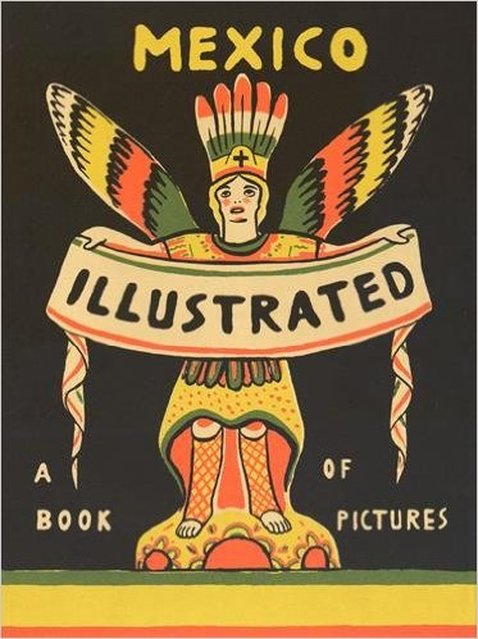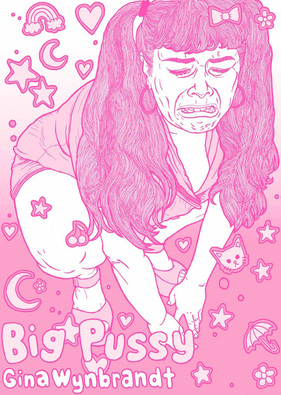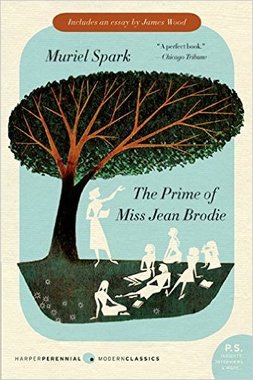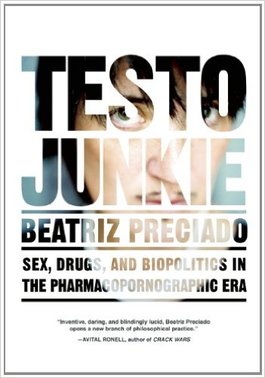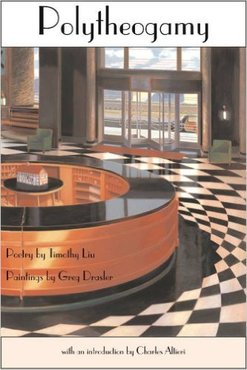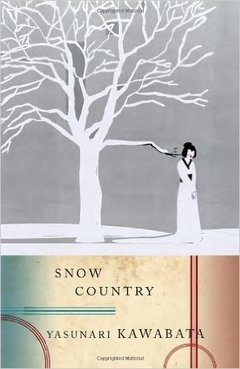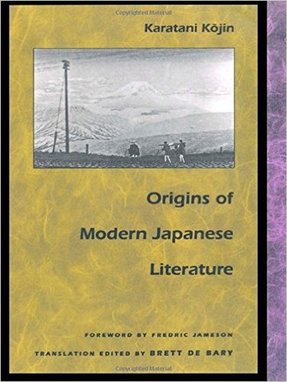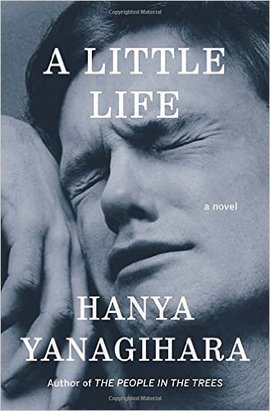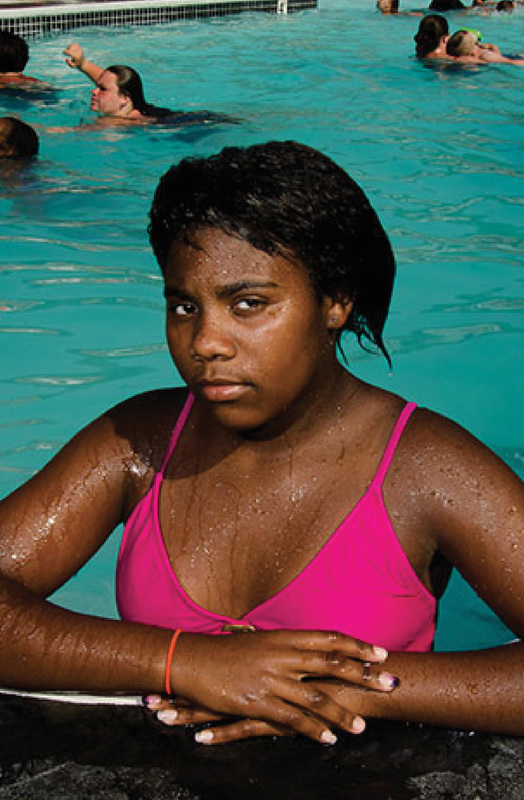LIST
Nat. Brut Reading List Vol. I
Welcome to Nat. Brut’s inaugural Staff Reading List, in which our editors share a few books they highly recommend! Hand-picked from our own shelves, this list includes novels, poetry chapbooks, art tomes, memoirs, and zines, both new and old. Scroll to the bottom to purchase the titles!
♦
by THE NAT. BRUT EDITORS | 11 NOV 2015
KAYLA'S PICKS | Editor-in-Chief & Art Director
|
RL GOLDBERG | Fiction Editor
|
POETRY | Cinema of the Present by Lisa Robertson
A conversation (is it?) between two subject(ivitie)s, but, somehow, not in conversation with each other; a painful/lovely meditation on embodiment, erotics, space, fantasy, archives, possibility, interpellation.
|
FICTION | The Prime of Miss Jean Brodie by Muriel Spark
Everything I've ever desired in a novel: clever, tender, scathing, layered subtext, expansive. Each word is inevitably a joy.
|
NONFICTION | Testo Junkie by Paul Preciado
Preciado's book is sexy & smart, a macroscopic & microscopic examination of how mid-century productions of pharmaceutical hormones and pornography have shifted the way we think about and construct gender, embodiment, sexuality, and desire.
|
JENNIFER SOONG | Poetry Editor
|
POETRY | Polytheogamy by Timothy Liu & Greg Drasler
Tender yet unrelenting, Liu’s lines shear across those boundaries which protect us from our own loneliness, desire, and disturbing capacity for emotional violence. From its very ruptures,Polytheogamy nonetheless works to sew us a new and more intimate tapestry, and the collaborative interplay between Liu’s poems and Greg Drasler’s paintings is but one of the book’s many testaments to this.
|
FICTION | Snow Country by Yasunari Kawabata
It is only right that one should return each winter to this 1956 masterpiece by Nobel Prize winning Yasunari Kawabta. Rendering power in and from silence, Snow Country is a mapping of temporal landscapes—life, death, nature, waste, beauty, heat, and coolness—onto one another without the need for any one to dominate. At once ethical and aesthetic, the novel nonetheless pays respect to each by refusing to falsely force their consummation, looking instead at what happens when the two realms enter a love affair.
|
NONFICTION | Origins of Modern Japanese Literature by Kojin Karatani
With an introduction by Frederic Jameson, Karatani’s book is essential reading for any serious thinker of literary criticism, post-colonialism, and aesthetics. Introducing a notion of inversion, Karatani re-orients those notions readers often take for granted—i.e. “landscape,” “interiority,” “novel”—and explores the illusion of linear historical progress as an imported concept by the West into the East.
|
ABBY SUN | Photography Editor
|
POETRY | Bluets by Maggie Nelson
An unflinchingly obsessive and emotional look at heartbreak and creative production wrapped up in an investigation of the color blue.
|
FICTION | A Little Life by Hanya Yanagihara
A proposal for the redemptive qualities of friendships as the relationships around which our lives revolve and an examination of the limits of human resilience in the face of trauma.
|
ART | As It Was Give(n) to Me by Stacy Kranitz
Smudging the boundaries of ethical documentary work, rejecting the appeal of the somber in favor of the experiential.
|
Purchase the Titles here!
|
|
|
|
|
|
|
|
|
|
|
|

